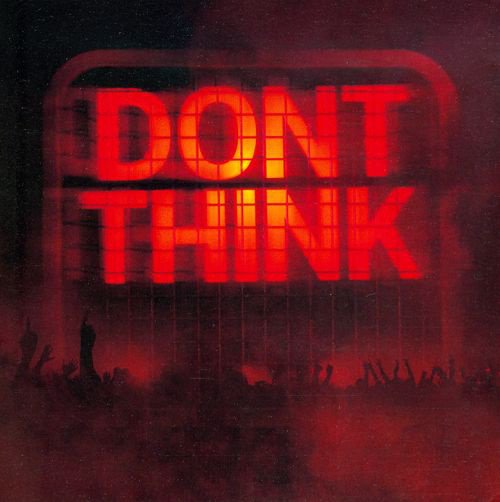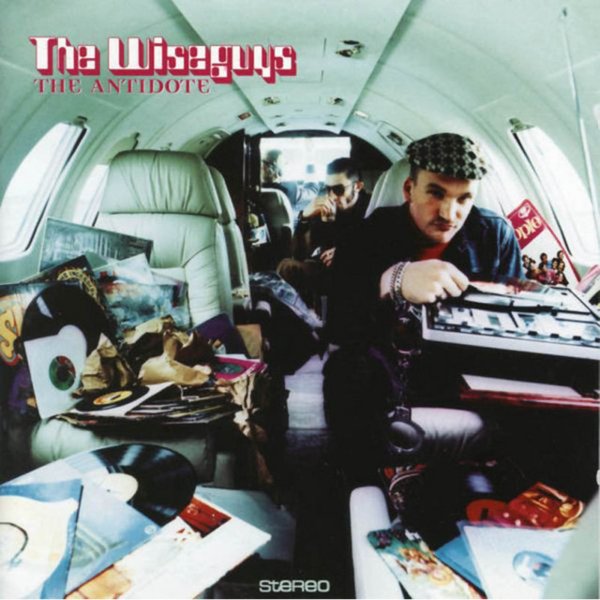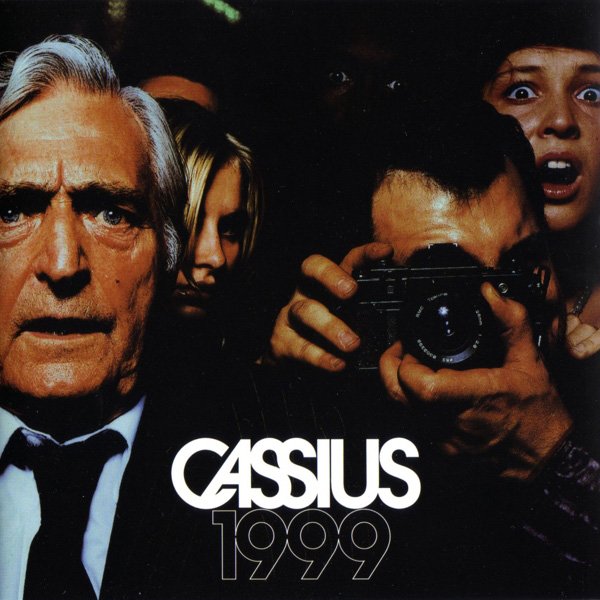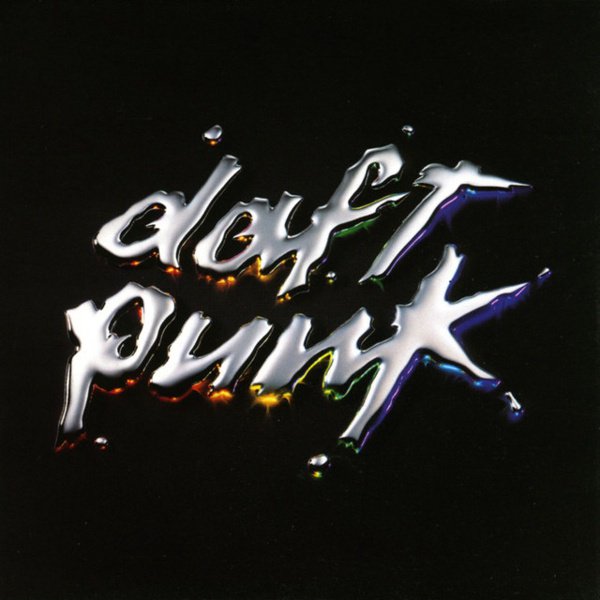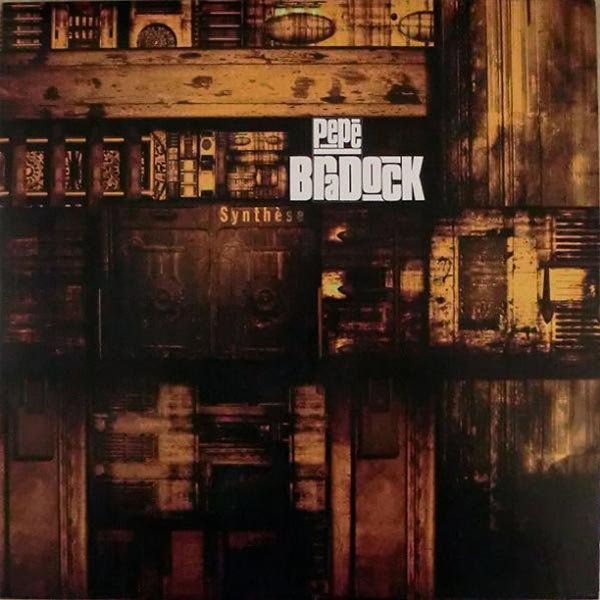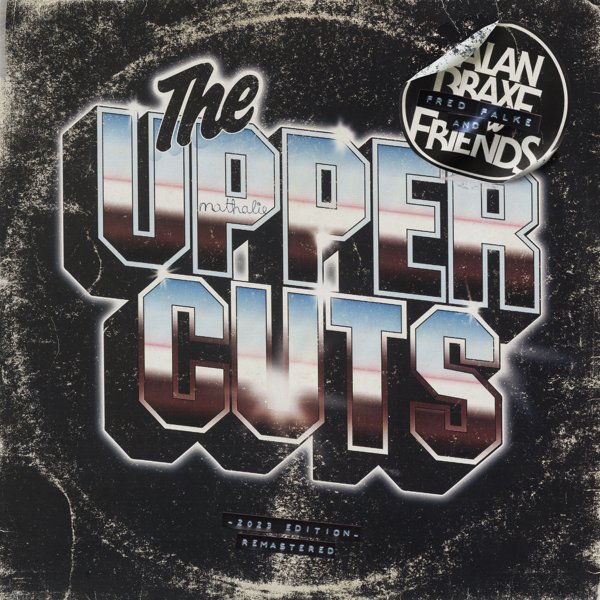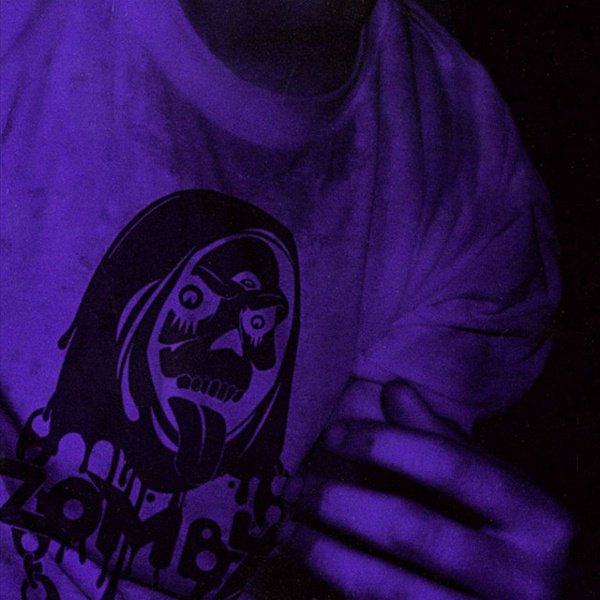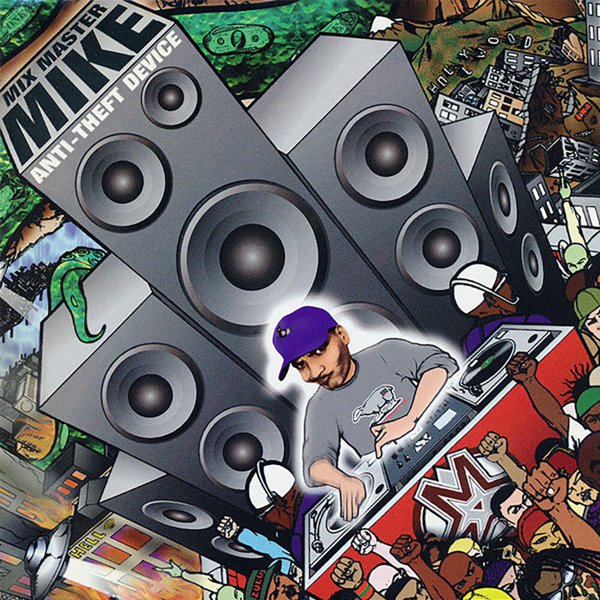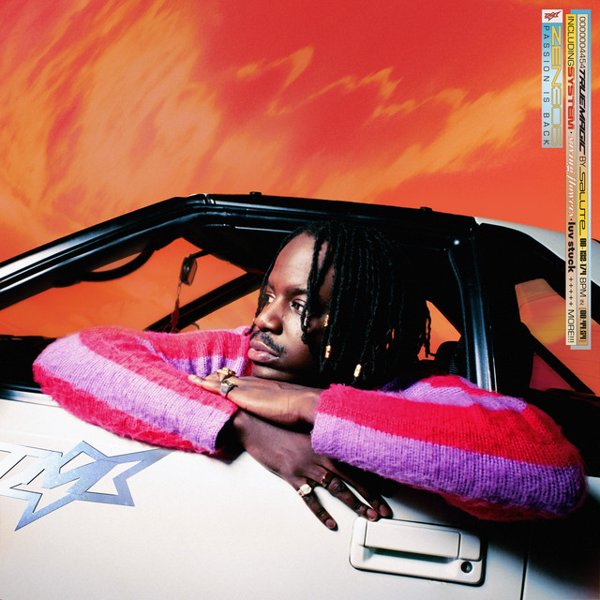Lucky Boy at Night
The number of French Touch artists who came up through hip-hop is bigger than you might expect, and DJ Mehdi was one of the leading lights who embodied the idea that this connection could go further than both genres’ traditional constraints. He’d contributed beats to some of the same MC Solaar albums as Cassius (nee La Funk Mob), concocted his own tribute to J Dilla’s Donuts (2006’s Loukoums), and got some trans-Atlantic daps from backpacker faves like K-OS and Vinia Mojica on his 2002 debut full-length (The Story Of) Espion. But 2006’s Lucky Boy was where he really came into his own as the Ed Banger roster’s resident b-boy eclecticist, and the following year’s remix/expansion Lucky Boy At Night is its best version — even though it’s also a bittersweet experience, considering it now sounds like the early stages of a stylistic progression that was cut short by Mehdi’s accidental death in 2011. It’s still a very all-hands work: the standout cut, a minute-and-change blip on the original Lucky Boy that gets a bit more breathing room here, is Thomas Bangalter’s hyperfidgety edit of Mehdi’s piano-chord-chainsawing ultrabanger “Signatune,” while the appeal of Chromeo-aided arch boogie-funk teamup “I Am Somebody (Paris Version)” lie in how readily he’s able to integrate their own signature tics and quirks into his own comprehensive vision of electro-hip-house. (And then Kenny Dope gets to remix it into a classic piece of New York house — hell yeah.) And that vision thankfully also accounts for a perspective that refuses hierarchical coolness in favor of enthusiastic crowdpleasing. Chirpy Arthur Baker-on-uppers electro (“Boggin’”), proto-synthwave John Carpenter poplock (“Pony Rocking”), and Ke$ha-esque sleaze-pop feints (“Lucky Girl”) all get to be part of the same set as a taut workout of Spirit of ’73 block party breaks (“Wee Bounce”) and a frothy if good-natured Prince homage (“Hot-o-Momo”). Lucky Boy at Night might not have gotten its proper due at first, arriving in the midst of Ed Banger’s contentious role as French touch agents provocateurs, but in retrospect it’s one of the most easy-to-love albums the label ever put out — its only truly glaring flaw is that Mehdi never got to properly follow it up.


